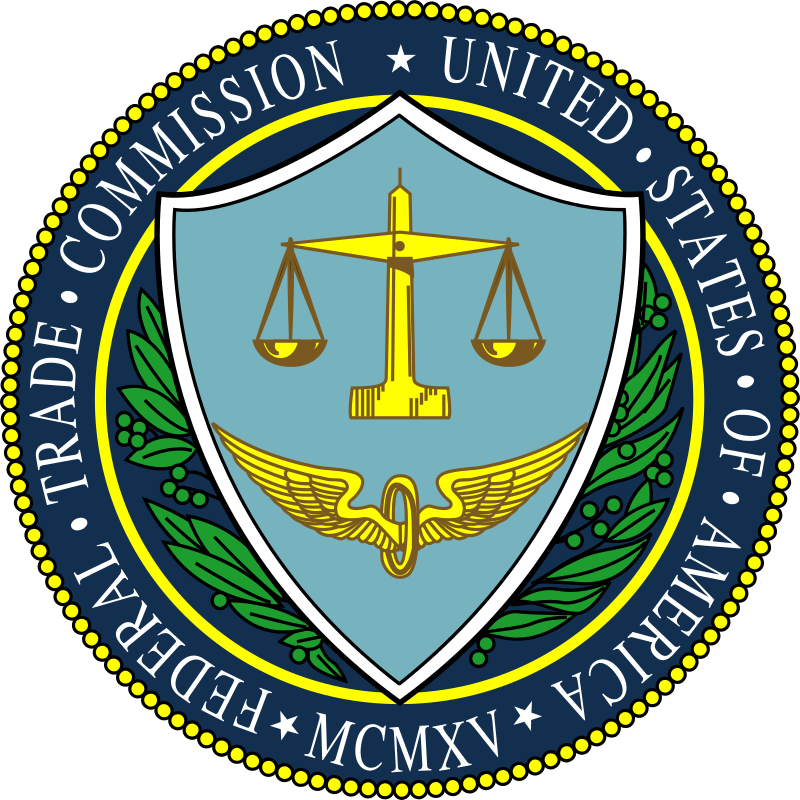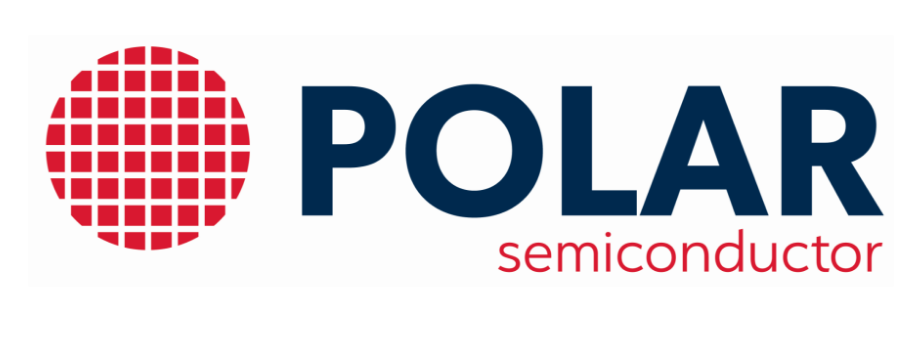The US Federal Trade Commission (FTC) has cracked down on five companies for deceptive use of AI. Three cases involved businesses falsely claiming to help consumers generate passive income through e-commerce. The FTC also reached settlements with DoNotPay and Rytr, two companies accused of misleading consumers with their AI tools. DoNotPay, which marketed automated legal services, agreed to a $193,000 settlement and will notify customers of the tool’s limitations, while Rytr faced criticism for allowing users to create fake product reviews through its AI writing feature.
FTC Chair Lina M. Khan stressed that AI tools must comply with existing laws, making it clear that deceiving or misleading consumers with AI is illegal. Despite not admitting wrongdoing, both Rytr and DoNotPay settled with the FTC. Rytr agreed to discontinue its review-generating feature, used to create fake product reviews, while DoNotPay accepted a settlement without admitting fault.
The FTC’s actions have sparked internal debate on how to regulate AI. While all five commissioners supported cracking down on false AI claims, the two Republican commissioners raised concerns about the agency’s authority in the Rytr case. This division highlights differing views within the FTC on the scope of its regulatory powers when addressing AI-related issues.










